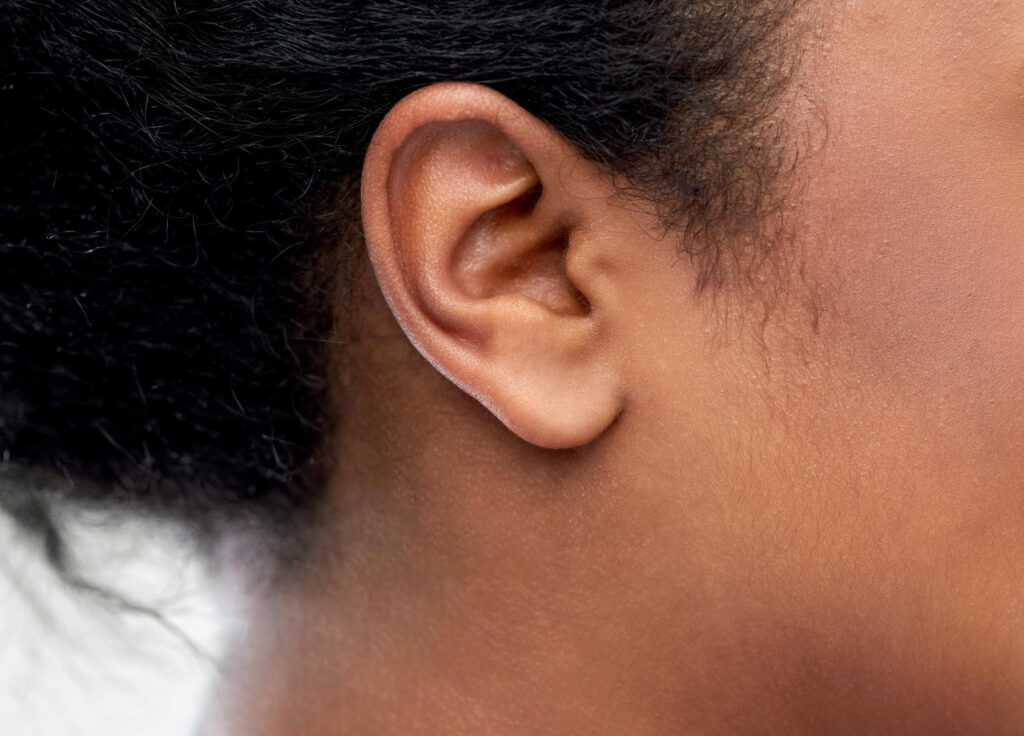We often take our sense of balance for granted. It helps us with everyday tasks, from walking to reaching for a cup of tea. But when balance starts to falter, it can signal larger issues, especially related to our ears. Many people don’t realise that balance and hearing are closely linked. If you’ve ever experienced dizziness or a sense of spinning, it might be time to take a closer look.
Understanding how balance problems can be linked to hearing loss is important. When you experience balance issues, it might be more than just feeling clumsy or tired. Your inner ear plays a big role in maintaining steadiness and hearing. When something goes awry, such as with an infection or fluid imbalance, it can affect both how you hear and how you move.
Understanding Balance Issues
Balance issues can be unsettling and often manifest as dizziness, vertigo, or just feeling off-balance. These problems can make everyday tasks feel overwhelming and lead to more trips and falls, which no one wants. Balance isn’t just about standing upright; it encompasses a range of sensations that allow us to navigate our world with confidence.
Several factors can contribute to balance issues. Problems with the inner ear are common culprits, as the inner ear houses the vestibular system, a key player in equilibrium. Conditions such as infections, benign paroxysmal positional vertigo (BPPV), or Meniere’s disease can cause disruptions. It’s not just ear-related conditions that result in these symptoms. Other factors might include low blood pressure, certain medications, or even dehydration.
Knowing the symptoms of balance problems can help in seeking timely assistance. Here’s a simple list of signs to watch out for:
1. Frequent dizziness or feeling light-headed
2. A sensation of the room spinning (vertigo)
3. Nausea or vomiting linked to movement
4. Trouble walking straight or feeling unsteady
5. Falling more than usual
Recognising these issues early is important so you can get to the root of the problem and find solutions that work for you. While balance issues can be bothersome, they often have explainable causes and can be addressed with the right care.
The Link Between Balance Issues and Hearing Problems
When dealing with balance issues, it’s helpful to understand that the ears do more than just hear. The inner ear houses a key system responsible for balance, called the vestibular system. If anything disrupts this delicate balance system, hearing might also be affected. This connection between balance and hearing means that even minor ear problems can lead to noticeable changes in both how we hear and maintain our balance.
Conditions such as Meniere’s disease, for instance, show just how intertwined hearing and balance can be. This condition involves an excess of fluid in the inner ear, which leads to vertigo, ringing in the ears (tinnitus), and hearing loss. Another example is labyrinthitis, an infection that causes similar symptoms by inflaming the inner ear. These conditions highlight the importance of treating the ears with care, as even small disruptions can lead to bigger issues.
Seeking Professional Help
If you’re experiencing ongoing balance problems, talking to a healthcare professional is a smart move. These issues can be a sign of something that needs attention, and getting expert advice can make a big difference in your quality of life. Various tests and evaluations can help pinpoint the exact cause, allowing for targeted treatment.
Hearing tests are particularly helpful in diagnosing ear-related balance problems. Healthcare professionals might also suggest imaging tests or balance assessments. By getting a full picture of what’s happening, you can address the issue head-on and start finding relief.
How to Manage and Treat Balance-Related Hearing Problems
Managing balance-related issues involves a combination of professional guidance and personal care. Treatments may include medications, physical therapy, or even surgical options for more severe conditions. Depending on the diagnosis, your doctor might recommend therapies that help retrain the balance system or exercises to improve stability.
Adapting everyday routines can also aid in managing symptoms. Here are a few practical steps you can take:
– Ensure your home is clutter-free to prevent trips and falls.
– Stand up slowly to reduce dizziness.
– Limit head movements when symptoms flare up.
– Stay hydrated and maintain a healthy diet.
Taking Charge of Your Ear and Balance Health
In dealing with balance and hearing issues, proactive management can help reduce discomfort and improve daily life. With the right knowledge and steps, it’s possible to significantly enhance both your hearing and balance. Regular check-ups and staying tuned into any changes in your balance or hearing are simple but effective strategies.
Being aware and acting early can help maintain your ear health and stop small issues from becoming bigger. By understanding the links between balance and hearing, you can take control and navigate these challenges with confidence.
To ensure you’re addressing any potential concerns early, consider scheduling a hearing test. At Country Hearing Care, our team can help identify the causes behind your symptoms and provide tailored solutions to improve your overall well-being. Act now to gain peace of mind and take a proactive step toward better ear health by learning more about balance issues.










